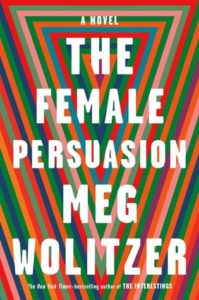 The Female Persuasion by Meg Wolitzer is about Greer Kadetsky, a young woman at a second-rate college in Connecticut who, on a fateful night, attends a lecture by a prominent feminist named Faith Frank. Greer, who has already begun to look at how men treat women on campus with a newly critical and analytical eye, is forever changed by Faith’s lecture, and a few years later, when she is a new graduate with little direction, she reaches out to Frank for advice. Her timing is good; Frank has just shuttered her longstanding feminist magazine and is now launching a speaker series about women’s issues funded by a famous, prickly venture capitalist.
The Female Persuasion by Meg Wolitzer is about Greer Kadetsky, a young woman at a second-rate college in Connecticut who, on a fateful night, attends a lecture by a prominent feminist named Faith Frank. Greer, who has already begun to look at how men treat women on campus with a newly critical and analytical eye, is forever changed by Faith’s lecture, and a few years later, when she is a new graduate with little direction, she reaches out to Frank for advice. Her timing is good; Frank has just shuttered her longstanding feminist magazine and is now launching a speaker series about women’s issues funded by a famous, prickly venture capitalist.
And so, Greer goes off into the world under Faith’s tutelage, learning how to be an adult and how to work in the world. Meanwhile, her high school boyfriend Cory experiences a sad diversion in his own professional plans, while her best friend Zee similarly tries to find her own path while rejecting her parents’ expectations. And Faith herself finds her commitment to her ideals tested in a way that threatens her relationship with Greer.
The Female Persuasion is billed as a novel for the #MeToo era, one that takes on modern day feminism and explores the power constructs that have allowed gender discrimination to persist. But I found The Female Persuasion more successful on a less grand level. Like Wolitzer’s earlier books, The Female Persuasion is a dense, richly detailed chronicle of a personal relationships – romantic, friendship and professional – and how they evolve over time. There are certainly flashes of the more universal themes of feminism and empowerment, but they were not the most persuasive elements of the book. I always appreciate Wolitzer’s rich detail, gentle humor and observant eye, as well as the incredibly realistic world she creates for her characters. That’s what I took away from The Female Persuasion. Greer can be annoying at times – she seems incapable of acting unless something is handed to her – but Faith, Zee and Cory are interesting and memorable characters and I cared about what happened to them.
I listened to The Female Persuasion mostly on audio, which was narrated by Rebecca Lowman. She did an excellent job with a long book and many characters. Her precise, measured delivery was a good match for this detailed, absorbing book.
I went to a Q&A with Meg Wolitzer at Politics & Prose here in DC last week, and here is some of what I learned:
- Wolitzer wanted to write about “the person who sees something in you and changes you” and “idealism, the motor that sends you off when you start out”.
- In Cory, she wanted to explore one version of doing good and making a difference, but by a male character.
- In fiction “what we remember isn’t plot but character”. (For most books, I think that’s true.)
- Reading breeds empathy by showing readers how other people live. (Yes!)
- She didn’t try to keep up with current events in this novel, though she does refer to the Trump administration at the end as “the big terribleness”.
- As for feminism: there are many generations of feminists in this book, and she wanted to explore the conflict between these different ages.
- She agrees that this book is about characters, not necessarily the broad swaths of feminism.
- She believes in “writing the way you go through your life” and “writing about what obsesses you”. (I love this. It sounds so obvious, but it clearly isn’t always how authors approach their work.)







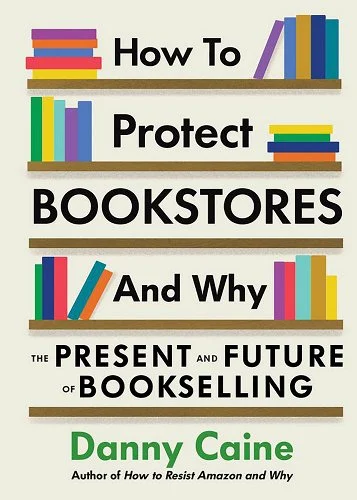
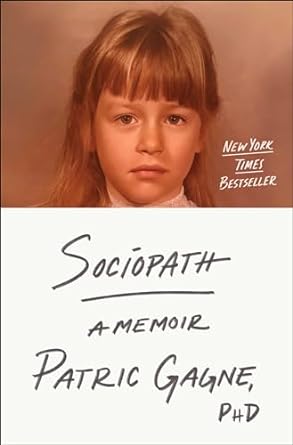
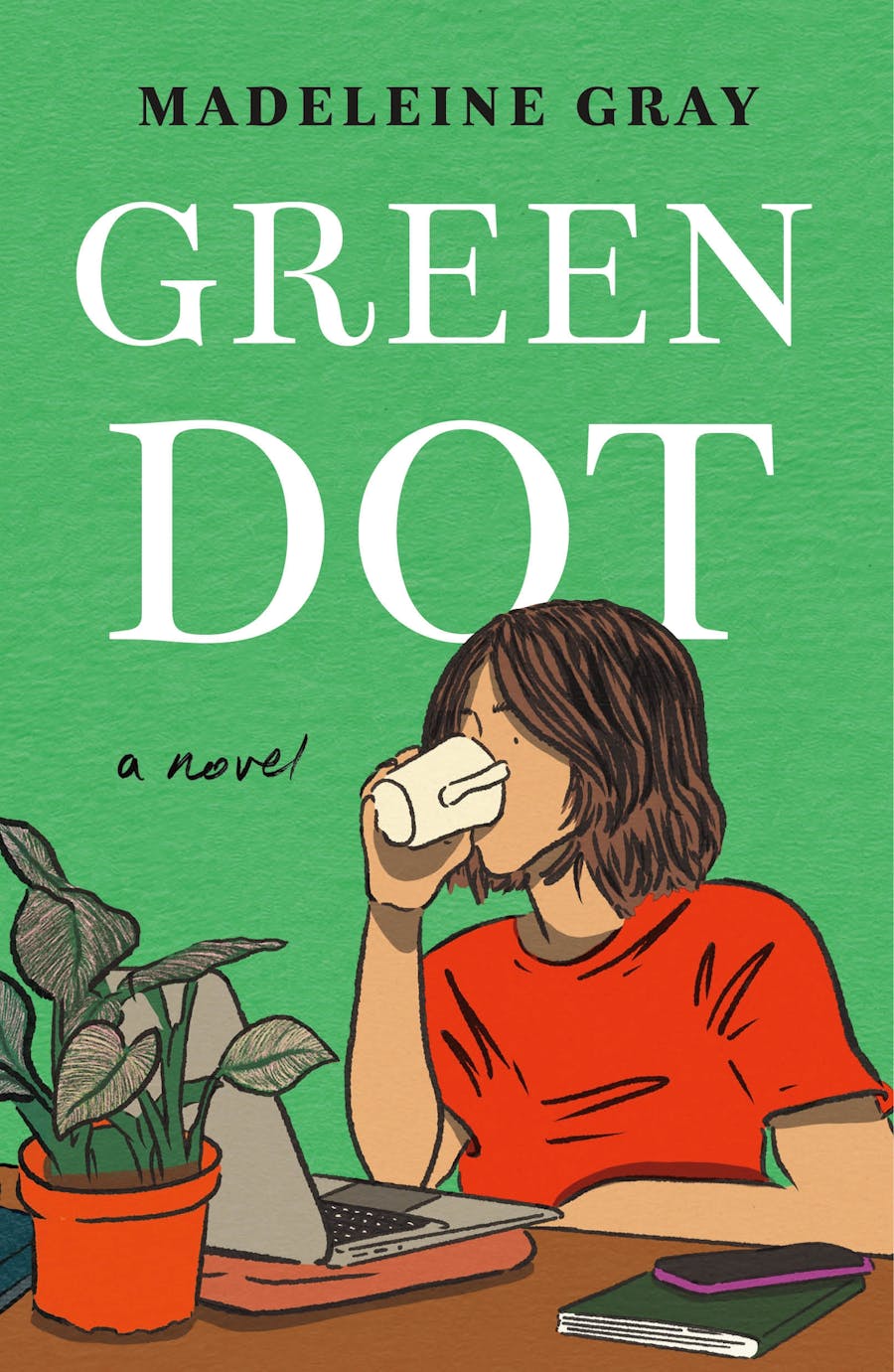



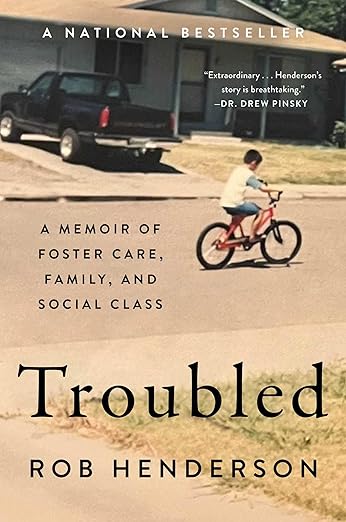
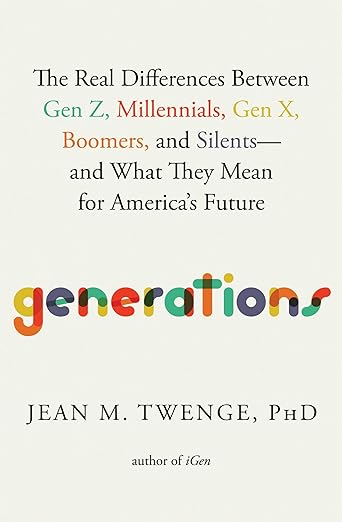
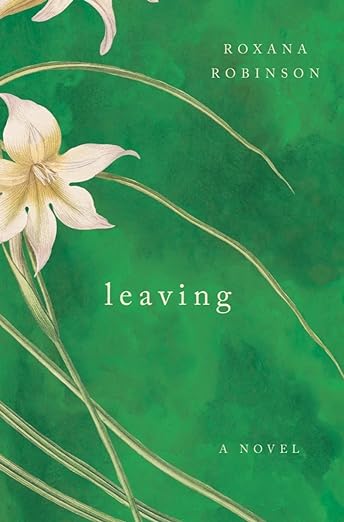

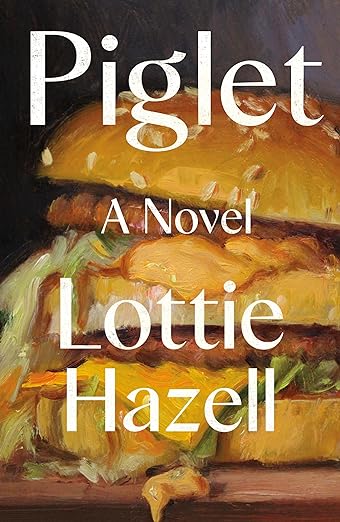

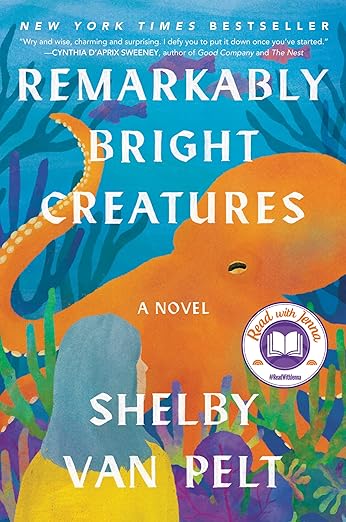
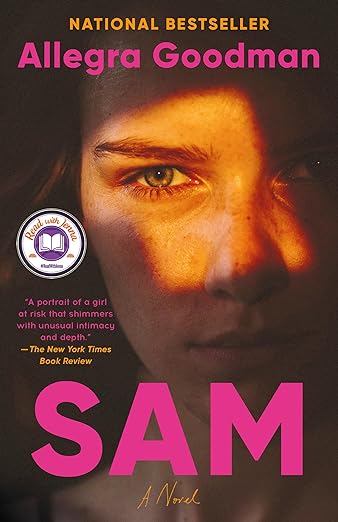

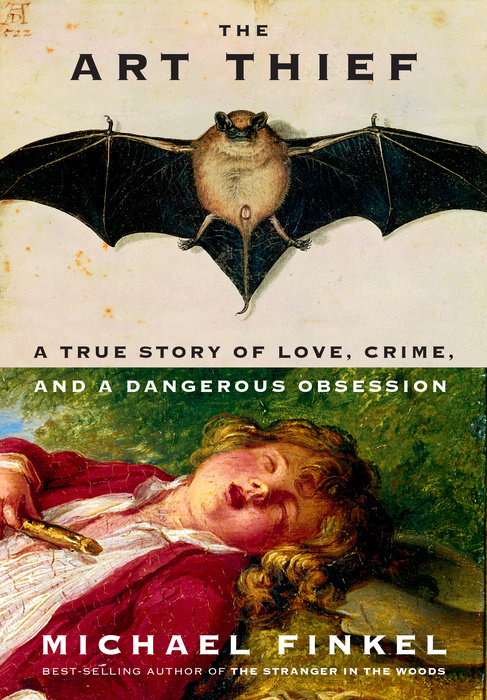

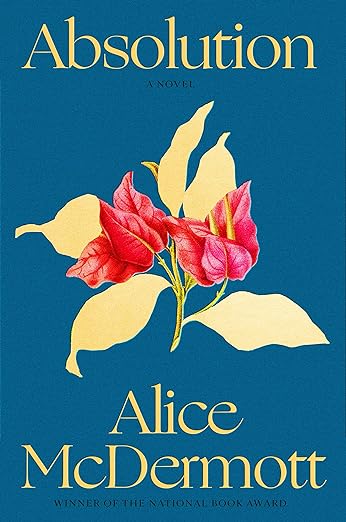
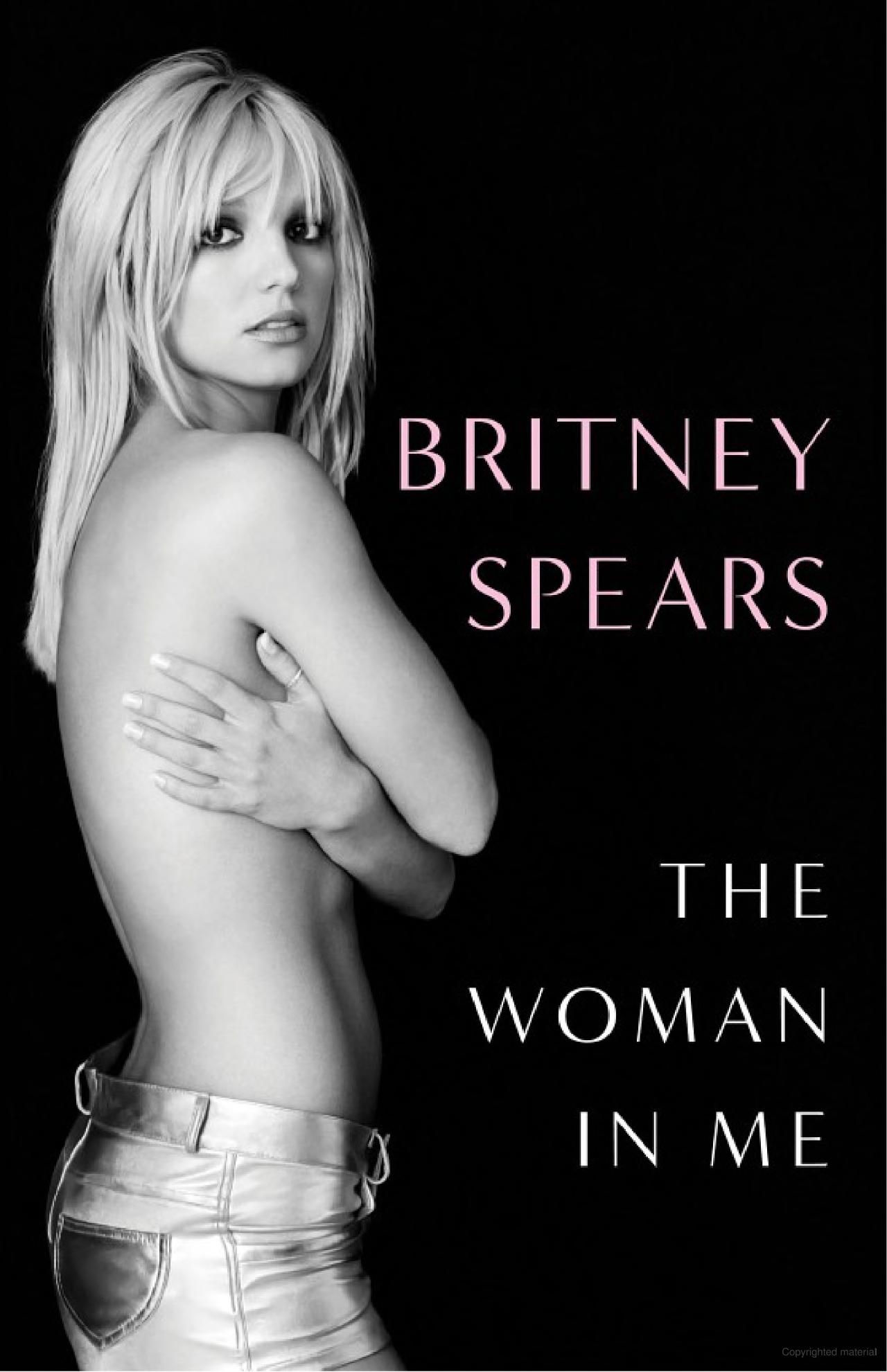

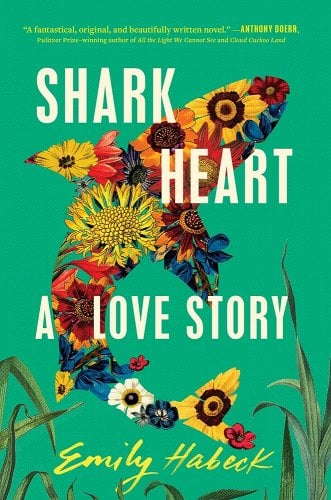
About Me
I have been blogging about books here at Everyday I Write the Book since 2006. I love to read, and I love to talk about books and what other people are reading.